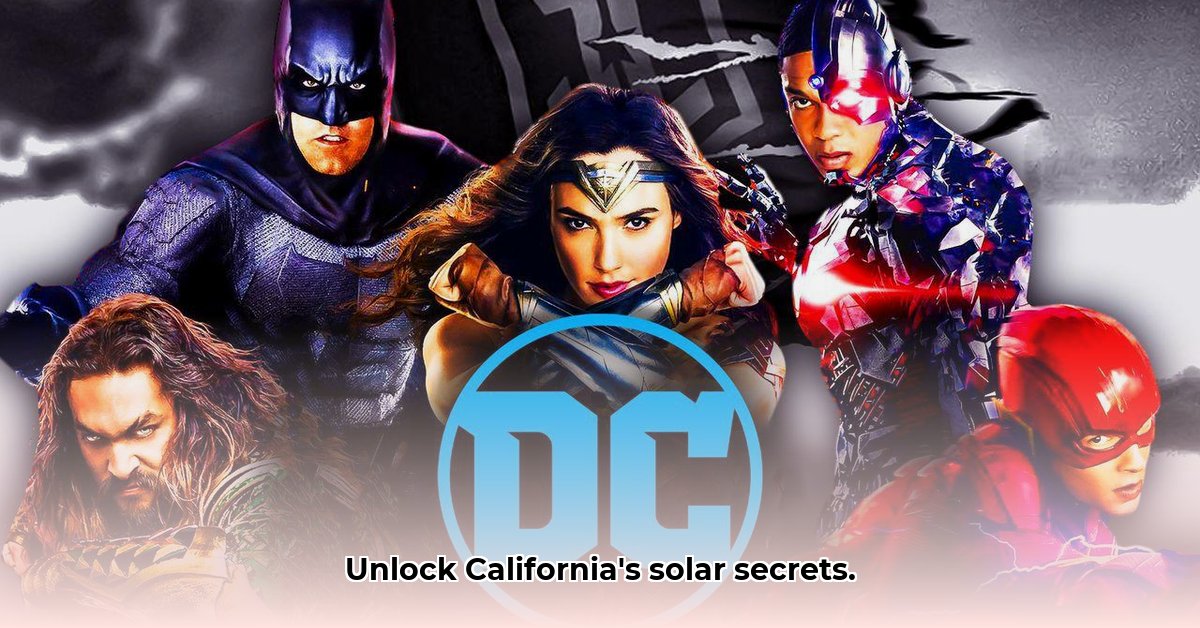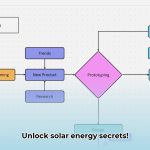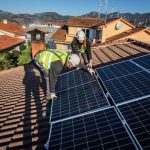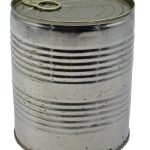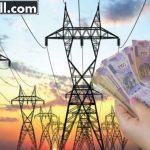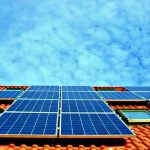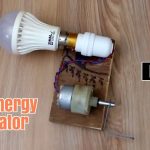DC Solar promised a bright future powered by renewable energy, but the company’s rapid rise and even faster fall revealed a dark side of greed and deception. This article delves into the intricate details of the DC Solar scandal, examining its origins, key players, fraudulent activities, and the lasting impact on investors and the solar industry.
The Allure of Green Energy and Federal Incentives
Founded in 2008 by Jeffrey Carpoff, DC Solar Solutions Inc. initially presented itself as a legitimate solar power supplier. Carpoff, a former auto mechanic, capitalized on the growing interest in renewable energy and the lucrative federal tax credits offered to businesses in the solar sector. The company’s core product, the “Solar Eclipse,” was a mobile solar generator designed for various applications, from powering events to providing emergency power.
DC Solar quickly gained traction, securing contracts with well-known companies like Sherwin-Williams, Geico, and U.S. Bancorp. The company’s apparent success even caught the attention of the Obama administration, which included DC Solar in a list of technology companies committed to combating climate change. Through its subsidiary, DC Solar Freedom, the company partnered with educational organizations, further enhancing its image as a responsible and innovative enterprise.
Cracks in the Foundation: IRS Scrutiny and Inflated Numbers
Despite its outward success, signs of trouble began to emerge in 2016. The Internal Revenue Service (IRS) initiated an investigation into DC Solar’s financial dealings, raising concerns about discrepancies between the number of solar generators the company claimed to have built and the actual revenue generated.
As demand for the Solar Eclipse generators waned, DC Solar resorted to inflating its numbers and employing deceptive tactics to maintain the illusion of profitability. The company began exaggerating the value of its generators, claiming prices far exceeding their actual market value. To create the appearance of a thriving business, DC Solar filled its storage facilities with generators solely for show, misleading investors about the company’s true operational capacity.
The Ponzi Scheme Unravels: FBI Raids and Criminal Charges
In December 2018, the Federal Bureau of Investigation (FBI) raided DC Solar’s headquarters, exposing the company’s fraudulent activities and bringing its operations to a halt. The investigation revealed that DC Solar was operating as a Ponzi scheme, using funds from new investors to pay off earlier investors and finance the lavish lifestyles of Jeffrey Carpoff and his wife, Paulette.
The Carpoffs allegedly promised investors significant federal solar tax credits, lease payments, and profits in exchange for their investments. However, instead of utilizing the funds for legitimate business purposes, the couple splurged on luxury properties, private jets, jewelry, and a semi-professional baseball team, the Martinez Clippers. DC Solar also poured money into sponsorship deals with Chip Ganassi Racing and various NASCAR races, further diverting funds from legitimate business operations.
The Extent of the Fraud: Billions Stolen and Fictitious Generators
The investigation revealed the staggering scale of the DC Solar fraud. It is alleged that the Carpoffs defrauded approximately 17 investors of over $1 billion between 2011 and 2018. Shockingly, as many as three-quarters of the 17,000 mobile solar generators the company claimed to have built never existed.
To deceive investors and auditors, DC Solar employees buried GPS trackers, purportedly attached to deployed units, in locations to make it appear that the generators were operational and in use. This elaborate scheme allowed the company to perpetuate the illusion of a thriving business while diverting funds for personal enrichment.
Legal Consequences and Asset Forfeiture
Following the FBI raid, Jeffrey and Paulette Carpoff were arrested and charged with conspiracy to commit wire fraud and money laundering. In January 2020, the couple pleaded guilty to the charges, forfeiting $120 million in assets.
In November 2021, Jeffrey Carpoff was sentenced to 30 years in prison for his role in orchestrating the Ponzi scheme. Paulette Carpoff received an 11-year prison sentence for her involvement. Five other individuals associated with DC Solar also pleaded guilty to related crimes.
Federal authorities auctioned off the Carpoffs’ extensive collection of over 150 classic and contemporary cars, including Kyle Larson’s vehicle that won the 2018 Coca-Cola Firecracker 250 race. The proceeds from the auction were used to compensate the victims of the fraud.
Ripple Effects and Lessons Learned
The DC Solar scandal had a significant impact on the solar industry and the world of NASCAR. Chip Ganassi Racing was forced to shut down its NASCAR Xfinity Series team due to the loss of sponsorship funding. International Speedway Corporation and SunTrust Bank engaged in a legal battle over the fate of the solar generators that had been deployed at NASCAR tracks.
The DC Solar case serves as a cautionary tale for investors and businesses alike. It highlights the importance of due diligence, independent verification, and transparency in financial dealings. Investors should be wary of overly promising returns and should thoroughly research any company before entrusting them with their money.
A Tarnished Legacy: The End of DC Solar
The DC Solar scandal brought a swift and ignominious end to what had once appeared to be a promising renewable energy company. The Carpoffs’ greed and fraudulent activities not only harmed investors but also tarnished the reputation of the solar industry as a whole.
While DC Solar’s legacy is one of deceit and financial ruin, the case serves as a reminder of the importance of ethical conduct and accountability in the business world. It also underscores the need for robust regulatory oversight to prevent similar schemes from occurring in the future.
- How To Produce Power At Home Through Alternative Energy Systems - February 6, 2026
- How Can I Make Electricity At Home Using Renewable Energy? - February 5, 2026
- How To Generate Power At Home For Energy Independence - February 4, 2026
